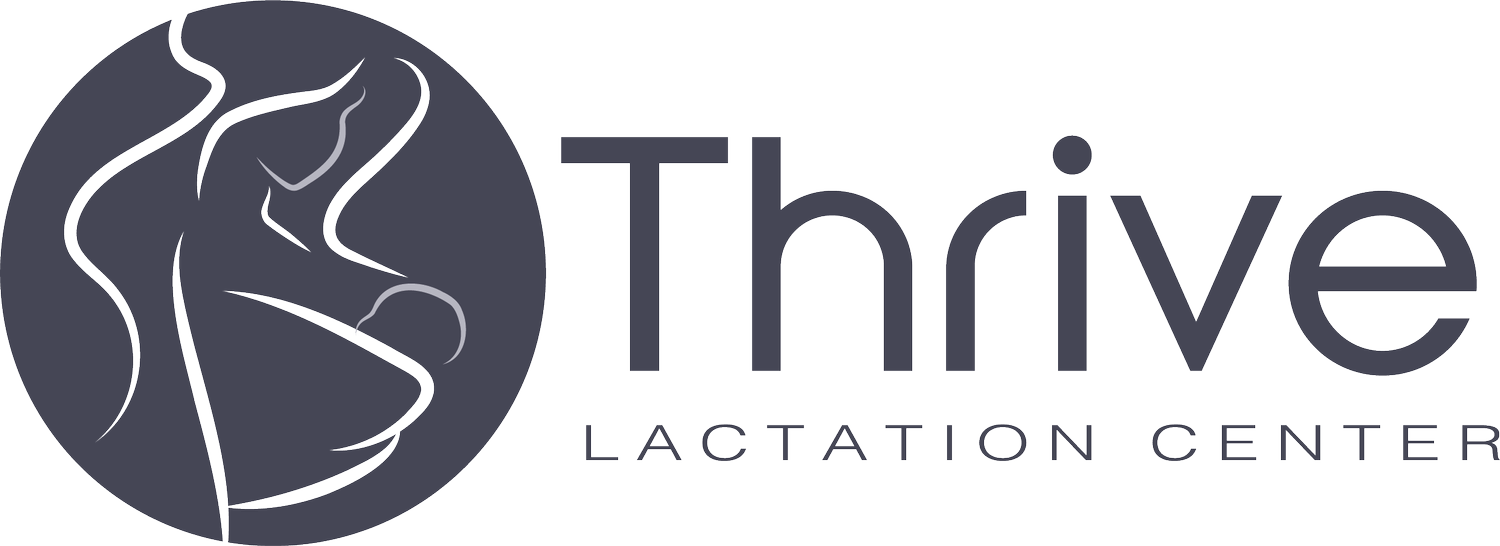Can I Get Botox While Breastfeeding?
Botox is a cosmetic treatment that is used to reduce the appearance of wrinkles and fine lines on the face. While many people opt for this treatment, it's important to consider the potential risks, especially if you're breastfeeding. Here's what you need to know about the risks of Botox while breastfeeding:
Botox is a toxin. Botox is made from a neurotoxin produced by the bacterium Clostridium botulinum. While the amounts used in cosmetic treatments are very small, it's still a toxin that can potentially harm your baby if it enters your breast milk.
There is limited research on Botox and breastfeeding. While there have been a few studies on the use of Botox in breastfeeding mothers, the sample sizes have been small, and the results have been mixed. Some studies have shown that Botox does not pass into breast milk, while others have detected small amounts of the toxin in breast milk.
The risks to your baby are unknown. While there is limited research on the risks of Botox to breastfeeding babies, it's important to consider the potential risks. The effects of Botox on developing infants are not fully understood, and there is a risk that the toxin could harm your baby.
It's important to consult with your doctor. If you're considering Botox while breastfeeding, it's important to talk to your doctor first. They can help you weigh the potential risks and benefits and make an informed decision about whether Botox is safe for you and your baby.
Alternative treatments may be a safer option. If you're looking for a cosmetic treatment while breastfeeding, there are alternative treatments that may be safer. These include non-invasive treatments such as dermal fillers, laser treatments, and chemical peels.
In conclusion, while the risks of Botox while breastfeeding are not fully understood, it's important to consider the potential risks before undergoing this treatment. It's also important to consult with your doctor before making any decisions about cosmetic treatments while breastfeeding. Ultimately, the health and safety of you and your baby should be the top priority.
I am a registered nurse in the State of Florida and an International Board Certified Lactation Consultant (IBCLC). The content on this blog page is for informational and educational use only. I have taken reasonable steps to ensure that the information shared is accurate, but I cannot guarantee that it is free from errors. The information shared here does not take the place of a medical provider, nor establishes any kind of client relationship with myself as a registered nurse or a lactation consultant. I am not your IBCLC or RN unless you book a consult with me directly and we establish a patient/caregiver relationship.

